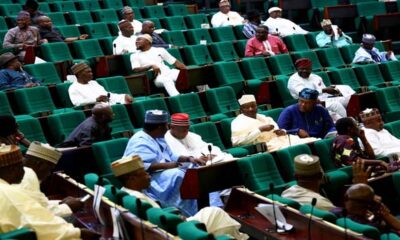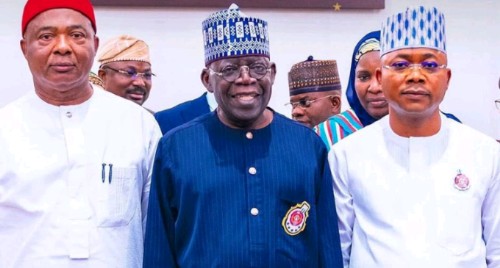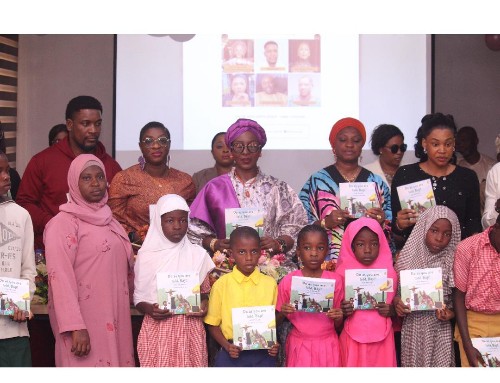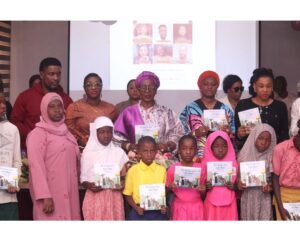BIG STORY
President Tinubu Congratulates Uzodinma, Ododo, PDP’s Diri, Says Their Victories Reflect People’s Wishes
-

 BIG STORY5 days ago
BIG STORY5 days agoJUST IN: Simon Ekpa, Four Others Arrested In Finland Over Terror-Related Activities
-

 BIG STORY3 days ago
BIG STORY3 days agoNational Assembly Passes Life Imprisonment Bill For Nigerian Drug Traffickers
-

 BIG STORY4 days ago
BIG STORY4 days agoFG Pushes For Simon Ekpa’s Extradition As IPOB Disowns Biafra Agitator
-

 BIG STORY4 days ago
BIG STORY4 days agoJUST IN: Reps Reject Bill Seeking Single Six-Year Term, Zonal Rotation For President, Governors
-

 BIG STORY3 days ago
BIG STORY3 days agoUPDATE: We’re Ready To Provide Evidence For Trial Of Simon Ekpa — Enugu Government
-

 BIG STORY19 hours ago
BIG STORY19 hours agoBritish Court Orders David Hundeyin To Pay N200million As Damages To BBC Journalist For Libel
-

 BIG STORY20 hours ago
BIG STORY20 hours agoDonors Supporting Simon Ekpa Guilty Of Terrorism — Lawyers
-

 BIG STORY19 hours ago
BIG STORY19 hours agoDiscos May Move Three Million Subscribers To Estimated Billing Over Failure To Upgrade Prepaid Meters


























